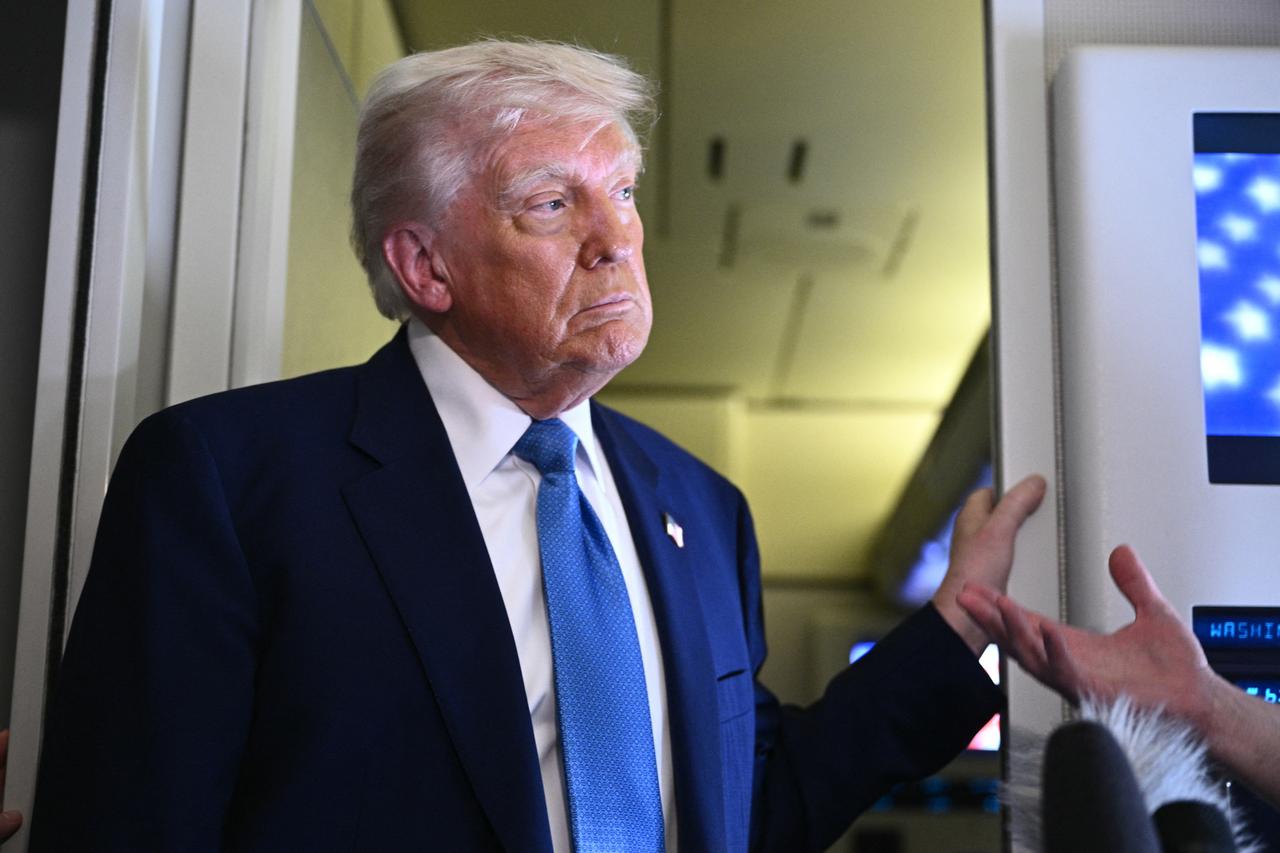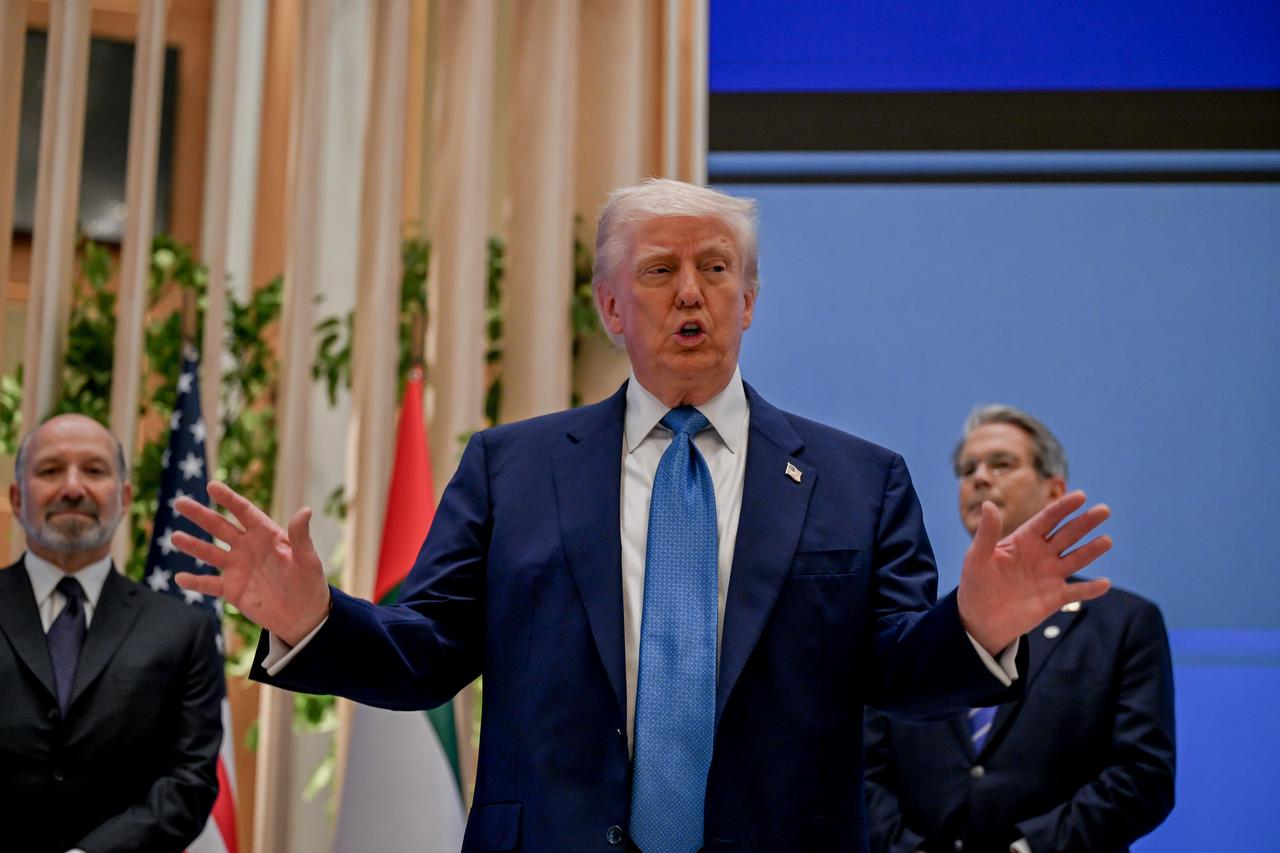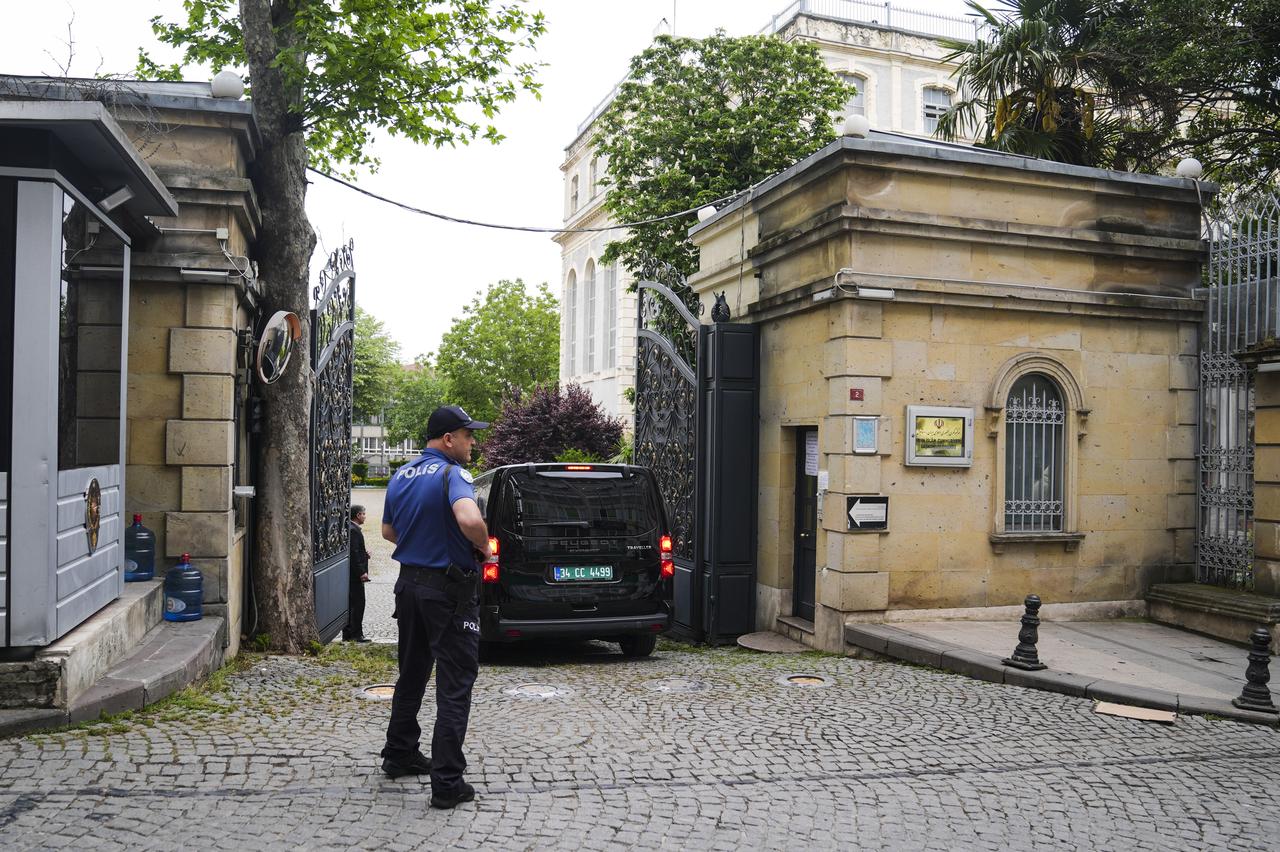
U.S. President Donald Trump reportedly confirmed Friday that the United States has presented Iran with a proposal for a nuclear deal, urging Tehran to respond quickly, while Iranian and European officials held talks in Istanbul to discuss the status of Iran's nuclear program.
"They have a proposal. They know they have to move quickly or something bad is gonna happen," Trump told reporters aboard Air Force One as he returned to Washington from Abu Dhabi.

The Trump administration delivered its proposal to Iran earlier this week, marking the first time since nuclear talks began in early April that White House envoy Steve Witkoff formally presented such a proposal to the Iranians, according to a report published by U.S.-based Axios.
Iranian Foreign Minister Abbas Araghchi took the proposal back to Tehran for consultations with Supreme Leader Ali Khamenei, President Masoud Pezeshkian, and other top officials. The United States is still awaiting Iran's response, and a fifth round of nuclear talks has not yet been scheduled.
Trump has repeatedly stated that he wants to resolve the Iranian nuclear crisis either through diplomacy or military force, but emphasized his preference for a deal that ensures Iran never obtains a nuclear weapon.

Simultaneously, deputy foreign ministers from Iran, the United Kingdom, France, and Germany met at the Iranian Consulate General in Istanbul on Friday to discuss Iran's nuclear program and sanctions relief.
Iranian Deputy Foreign Minister Kazem Gharibabadi confirmed after the meeting that discussions focused on the ongoing indirect negotiations between Iran and the U.S.
"We exchanged views and discussed the latest state of play on nuclear and sanctions lifting indirect negotiations," Gharibabadi said in a statement. "Iran and the E3 are determined to sustain and make the best use of diplomacy. We will meet again, as appropriate, to continue our dialogue."
The European representatives have not yet issued a statement regarding the meeting.
A planned meeting between Iran and the European nations, known as the E3, in Rome on May 2 was previously canceled following the postponement of indirect Iran-U.S. nuclear negotiations.
Iran has expressed concern that European signatories to the 2015 nuclear deal might trigger the "snapback mechanism," which would reinstate United Nations sanctions on Iran that were lifted under the agreement. This mechanism is set to expire on Oct. 18, and European nations are expected to consider invoking the clause if no diplomatic solution is reached before then.
In a May 11 opinion piece published in French newspaper Le Point, Iranian Foreign Minister Araghchi warned that misusing the snapback mechanism could lead to irreversible escalation of tensions and "mark not only the end of Europe's role in the agreement, but also a dangerous turning point."
Araghchi has called on European nations to continue nuclear dialogue with Iran to prevent further escalation.